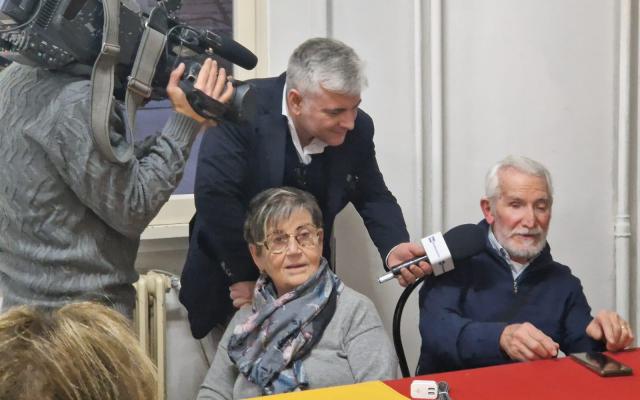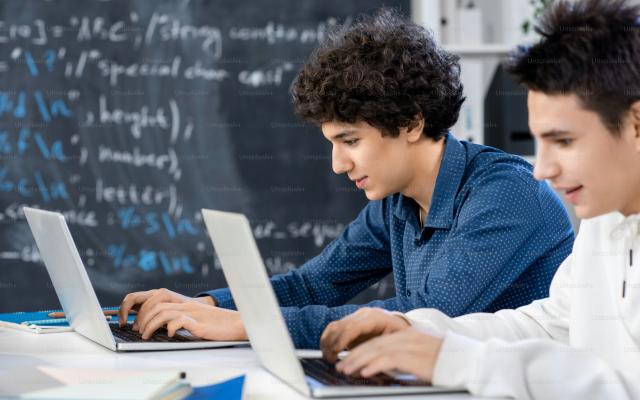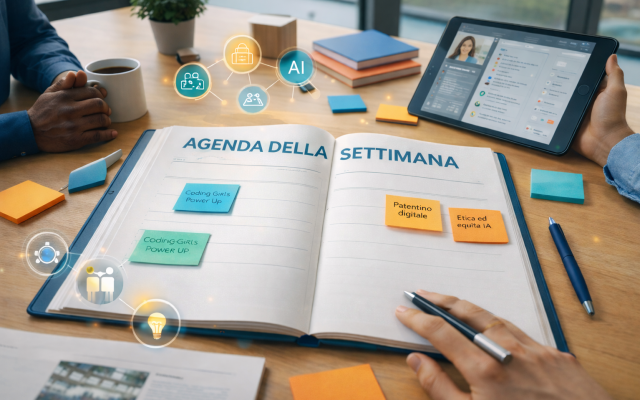The Rome Maker Faire, the big European event on innovation, will be held on October 12-14 at Rome’s Fair.
All the stands in the FMD Network (Fab Lab, Innovation Gym, Projects, Makers, etc.) are in Pavilion N. 8, while educational labs will be held in Pavilion N. 7 (Kids Fab Lab 3).
PROJECTS
![]() FAB LAB AT SCHOOL
FAB LAB AT SCHOOL
The “Fab Lab at School” includes a variety of activities that have led to the design and development of product, service and tool prototypes in a variety of fields. The experience has involved students from the Morgagni e Stanislao Cannizzaro Schools in Rome, the Emanuela Loi School in Nettuno, the Creative Mathematics Lab at the Istituto Tullio Levi Civita and the many students who participated in the Immersive Summer Camp, promoted with TIM.

![]() KIT:CUT
KIT:CUT
Kit:Cut is a research project that promotes contamination between traditional and newer subject areas to increase student creative, digital, manual and project skills. Piedolo, modular blackboards, laser books, emotional robots … the many different models can be custom-tailored and are open code. All students need to do is download the file, develop the tool and share the experience, creating new shared processes.
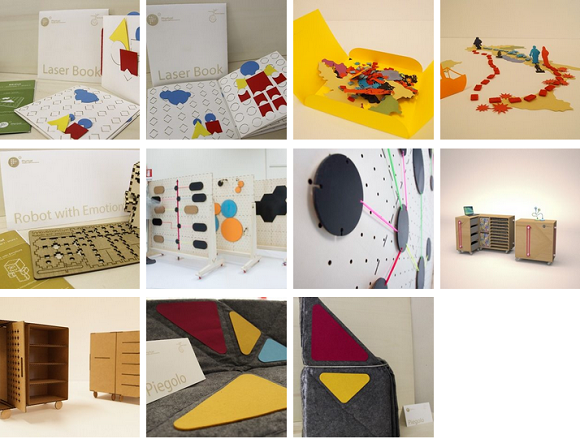
![]() THE FEMALE SIDE OF INNOVATION
THE FEMALE SIDE OF INNOVATION
Alt their first Maker Faire as exhibitors, Alessia, Maria, Simona, Siria, Chiara S., Miriam, Chiara G., Francesca and Chiara T., students at the Liceo scientifico Vito Volterra in Ciampino (Rome), will showcase their inventions, which were transformed into prototypes at the Phyrtual Innovation Gym Fab Lab thanks to Project Women in Technology (WiT), promoted with the Costa Crociere Foundation.
Moreover, the young women from the new Coding Girls Association will be at the Maker Faire for the second time at FMD stands. Tutors and coaches will provide fun coding and making activities for all those interested!

![]() PHYSICS 4.0
PHYSICS 4.0
The “School of Physics with Arduino and Smartphone” returns to the Maker Faire with the low-cost experiments conceived and developed by teachers at the Phyrtual Innovation Gym Fab Lab. The project is promoted by the Department of Physics at the Sapienza University of Rome in collaboration with the National Nuclear Physics Institute.
The School of Physics with Arduino and Smartphone is a 3-day full time activity to transform teachers, who have no experience of coding and electronics, into makers capable of designing and developing physics experiments. Thanks to Arduino chipsets, a couple of sensors and a smartphone, there no longer is the need for expensive and complex devices to make incredibly accurate measurements.
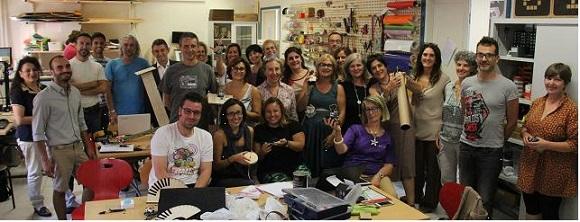
![]() EMOTIONAL CHAIR
EMOTIONAL CHAIR
Coach Ilaria La Manna holds exciting courses for primary school children at the Phyrtual Innovation Gym. These include the Emosilla – Emotional Chair created by Fab Lab Kids in the Latin-American Network. The Emosilla helps children to recognise emotions and translate them graphically through cute icons that personalise the chair, which is entirely built with digital manufacturing tools.
![]() HOLOMAKERS
HOLOMAKERS
Holographic images almost trick our visual perception into believing something is really there, but how do they do it? Just back from the workshop in Warsaw, makers, designers and artists will reveal how to produce holograms with the HoloKit and open source software Octave. Project HoloMakers (Erasmus+ Programme) involves secondary school students and teachers in the study of STEAM subjects through new methodologies, like holograms and the development of virtual images.
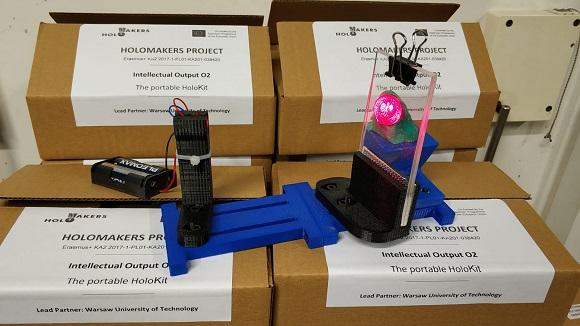
![]()
MAKER PROJECTS
Maker projects at the Phyrtual Innovation Gym Fab Lab include "Volpe nordica" (Nordic Fox) by Lavinia Franceschini, a composite container made from two pieces of light, simple, coloured and resistant multi-layer wood that can be stacked and even used as a seat. Giulio Rattazzi will showcase a low-cost software application based on high frequency visual-proprioception for rehabilitation and improvement of physical performance.
LABS
KIDS FABLAB 3, Pavilion 7
Friday, Oct. 12: 9 am – 7 pm
Saturday, Oct. 13: 10 am – 7 pm
Sunday, Oct. 14: 10 am – 7 pm
COMPUTER SCIENCE FIRST
with Valentina Gelsomini
A lab for children aged 8-14 to experiment with the Google Computer Science First Platform. From art to music and fashion thanks to simple block coding, children can create multimedia projects and invent stories, learning to solve complex problems and finding out about technology through creativity and awareness.
EBOT
with Lara Forgione
The protagonist of the lab is eBot, a DIY eco-system developed for students, children, artists and robotics lovers to learn, explore and create working prototypes through experiments and games. The kit includes an electronic circuit board with a vast array of compatible sensors, graphic coding software based on Google Blockly, and a plethora of wheels, cogs, motors, shafts and other plastic materials, as well as books and printed matter that will help users learn the basic concepts of mechanical projects, coding and electronic prototyping.

